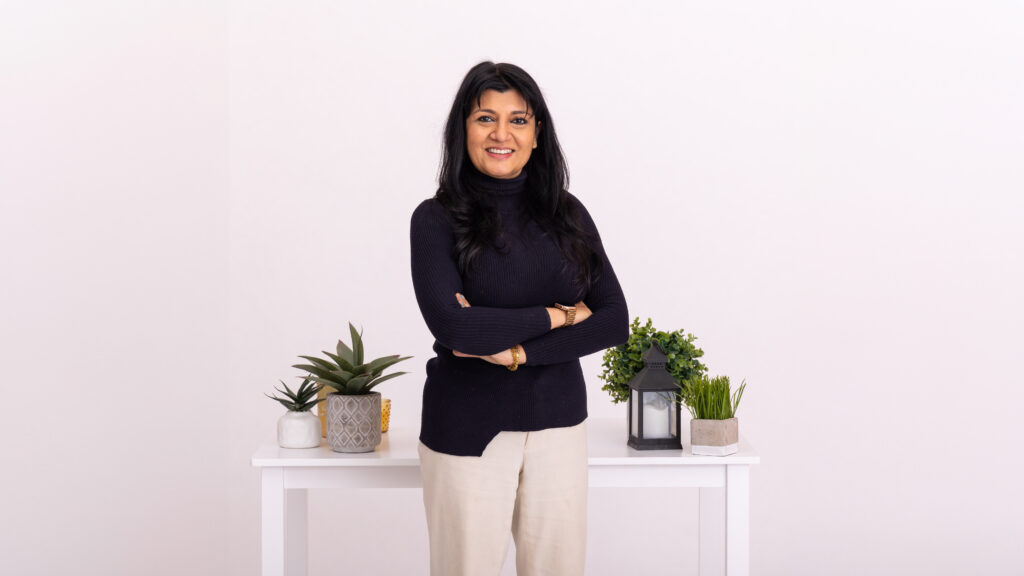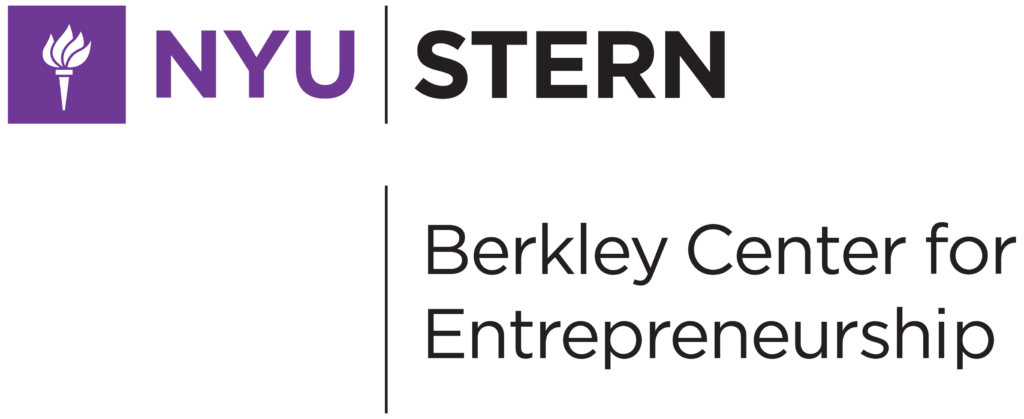
Jivika | Gearing up for the NYU Venture Showcase
Team: Ayman Mukerji (Silver ’20)
About the Venture: Jivika reduces healthcare worker burnout and attrition by teaching micro-habits via workshops and an app.
Q: What problem does Jivika aim to solve?
A: Jivika reduces hospital worker burnout and attrition by teaching 30-second neuroscience-based microhabits. We are a B2B solution (buyers are hospital administrators, and users are hospital staff). Hospital worker burnout is an urgent social problem. With 50% of doctors and nurses planning to leave their jobs by 2025, US hospitals are facing a $14B annual cost to replace and train lost employees.
Q: What inspired you to take this step into entrepreneurship?
A: In November 2019, my colleague at NYU Langone asked me to teach mindfulness to a group of doctors. I walked into the auditorium and it was literally filled to the brim. I mean, people were sitting on the floor because there weren’t enough seats. The tired faces of doctors that day left me intrigued.
The more I researched the problem of hospital worker burnout, the magnitude of the problem with no solution became more apparent. I had to solve this problem. That was my birthday as an entrepreneur.
Q: What sets your venture apart from what's on the market right now?
A: Our venture, Jivika, is the only stress management solution that is purpose-built for hospital workers. This population is super stressed because they don’t have time. So our intervention is microhabits that take only 30 sec. a day. Stickiness is important to building habits into our daily lives. Jivika ensures stickiness through app gamification, micro workshops, and a train-the-trainer curriculum that would allow the hospital to continue an in-person intervention.
Our competitors in this space are either built for the general population (instead of catering to hospital workers), or offering coaching. Coaching is not appealing to hospital workers because of punitive policies leading to potential license cancellation due to mental health concerns.
Q: What motivated you to apply to the NYU Entrepreneurs Challenge?
A: As a Stern Venture Fellow in 2023, I found the Berkley Center’s mentorship very helpful. As a next step, I wanted to throw myself in front of judges who would critique my pitch. Why? Because we want to be as investor-ready as possible, in preparation for fund-raising.
Q: What is your team looking forward to about the chance to engage one-on-one with the NYU and NYC entrepreneurial community?
A: The NYU entrepreneurial community has been my support system as an entrepreneur. I look to my fellow entrepreneurs that are farther ahead in their journey and they have been selfless with their time. I have found the best mentors lighting the path ahead at every step.
Q: How has preparing impacted the way your team thinks about your venture?
A: Preparation is key to success. Sometimes, as an entrepreneur, success doesn’t happen immediately, but you have to keep putting in the work and preparation. Think of it as deposits you are making to a bank account, which will ultimately keep giving back rewards. Remember comedian Eddie Cantor’s famous words, “It takes 20 years to make an overnight success.”
Q: What has been the biggest turning point for you in your startup journey?
A: Building a scalable solution, i.e., our microhabit training app was a turning point. At the inception of Jivika, I knew that I wanted to solve the issue through workshops and text-based microhabit training. Soon after, I started getting the “how would you support our 100,000 employees?” question. It became clear that we needed a scalable solution to make a dent in the big problem.
Q: What are some recent milestones you have achieved? How has it been reaching them?
A: We signed three of our largest contracts with 2 major hospitals and 1 non-healthcare organization since our Fall 2023 app release! This has been exciting and transformative. Exciting because it shows that our solution is needed and that our market potential is larger than hospital workers. If we help reduce burnout for the most critically burned population, we could expand to others. Transformative because we will now need to exceed our clients’ expectations and support our product and sales proliferation. We have thus started our pre-seed round of fundraising.
Q: What advice would you give to aspiring entrepreneurs, especially those just starting out?
A: Run your startup almost like a science project. Define your hypotheses, assumptions, risks of a null hypothesis and how you would resolve that. Remember to keep evolving your product for continued successful outcomes.

